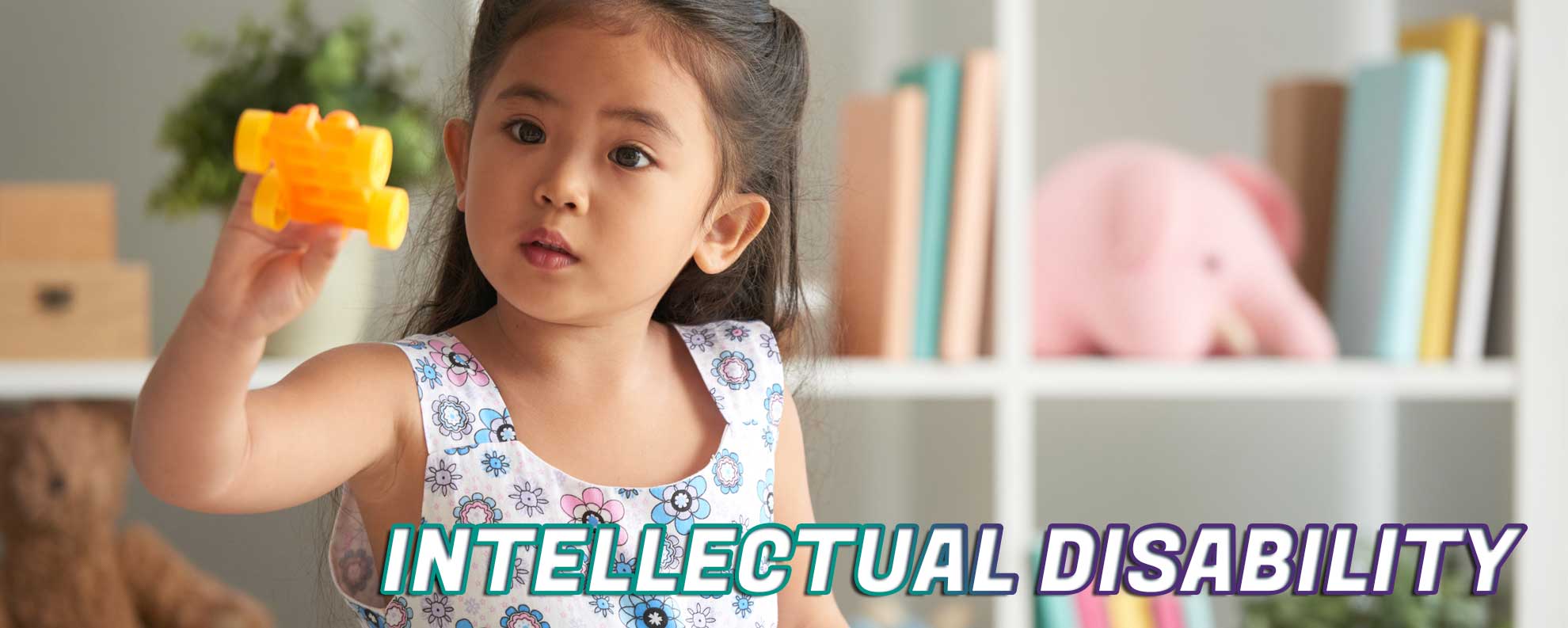
Intellectual Disability (ID) is a term used when a person has certain limitations in cognitive functioning and skills, including communication, social and self-care skills. These limitations can cause a child to develop and learn more slowly or differently than a typically developing child.
Intellectual disability involves problems with general mental abilities that affect functioning in two areas:
- intellectual functioning (such as learning, problem solving, judgement)
- adaptive functioning (activities of daily life such as communication and independent living)
Intellectual disability affects about one percent of the population, and of those about 85 percent have mild intellectual disability. Males are more likely than females to be diagnosed with intellectual disability.
- Conceptual – language, reading, writing, math, reasoning, knowledge, memory
- Social – empathy, social judgment, communication skills, the ability follow rules and the ability to make and keep friendships
- Practical – independence in areas such as personal care, job responsibilities, managing money, recreation and organizing school and work tasks
Intellectual disability is identified as mild (most people with intellectual disability are in this category), moderate or severe. The symptoms of intellectual disability begin during childhood or adolescence. Delays in language or motor skills may be seen by age two. However, mild levels of intellectual disability may not be identified until school age when a child may have difficulty with academics.
A child with ID is when their brain hasn’t developed properly or has been injured in some way. Their brain may also not function within the normal range of both intellectual and adaptive functioning. In the past, medical professional called this condition “mental retardation”.
